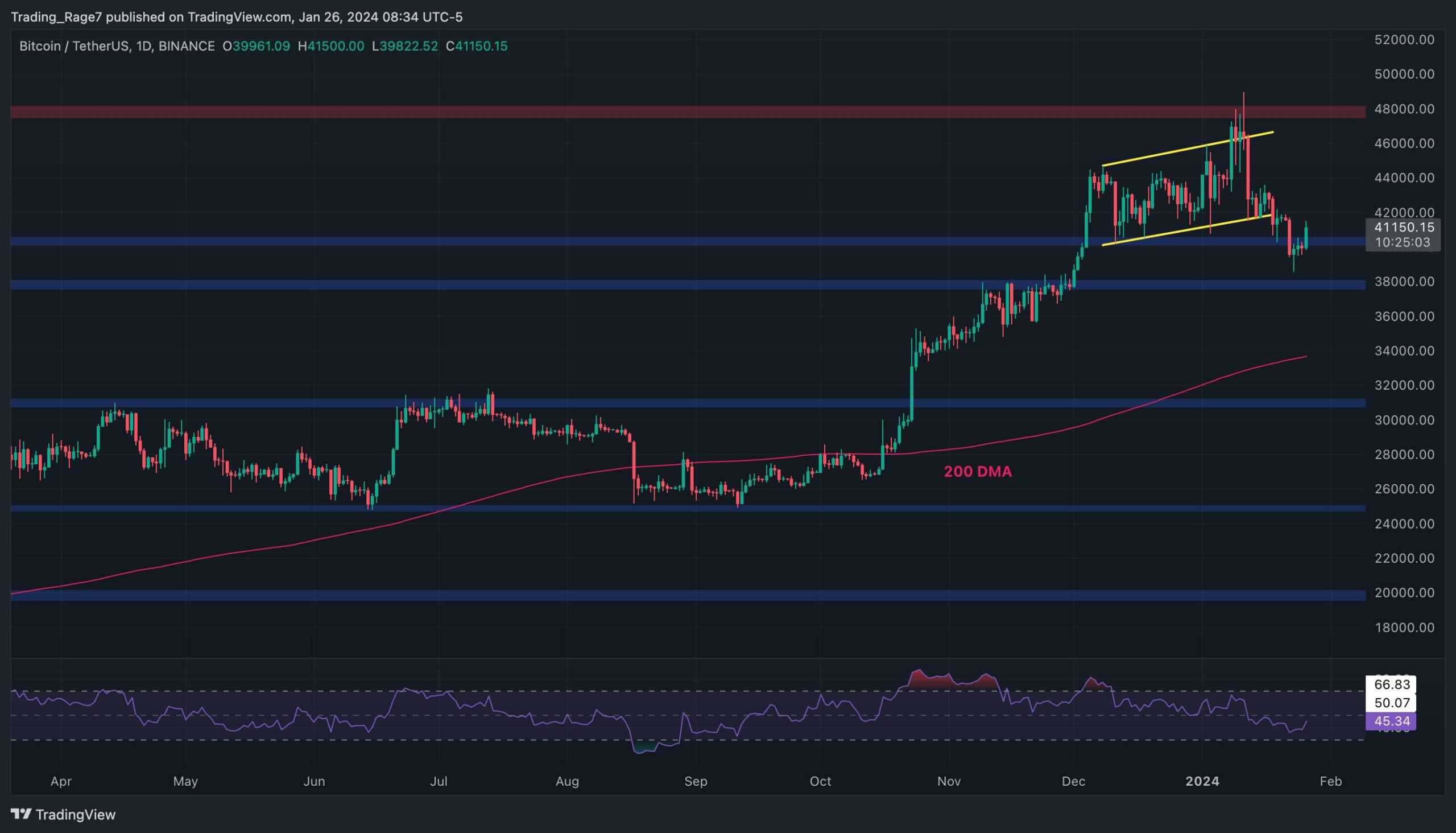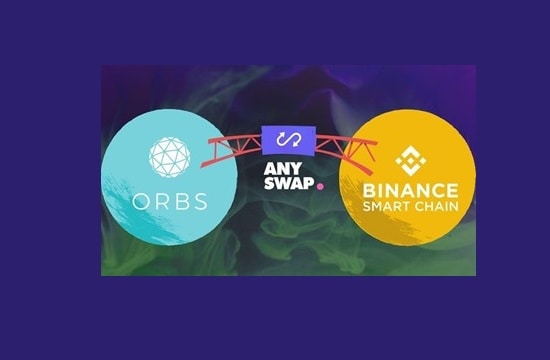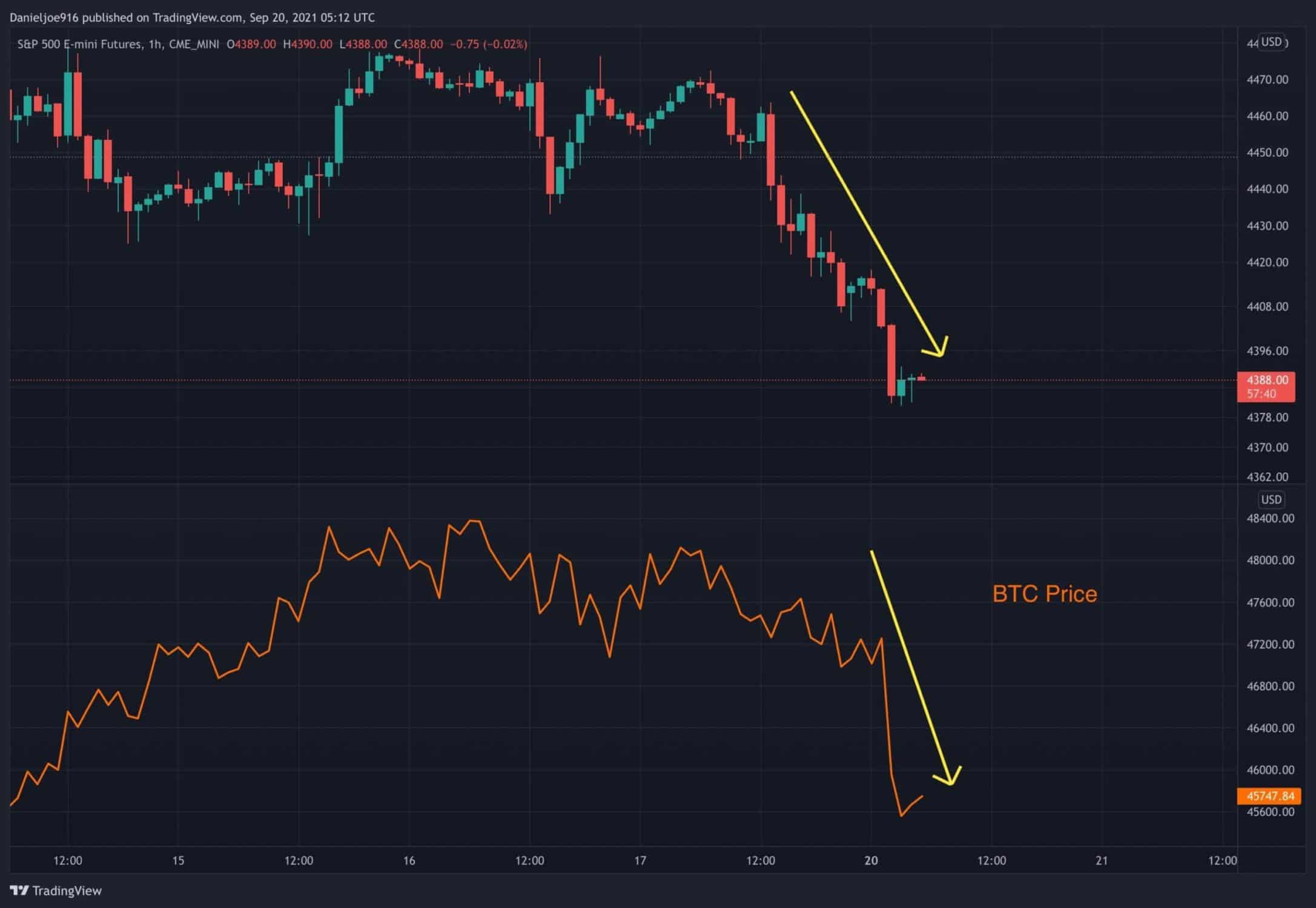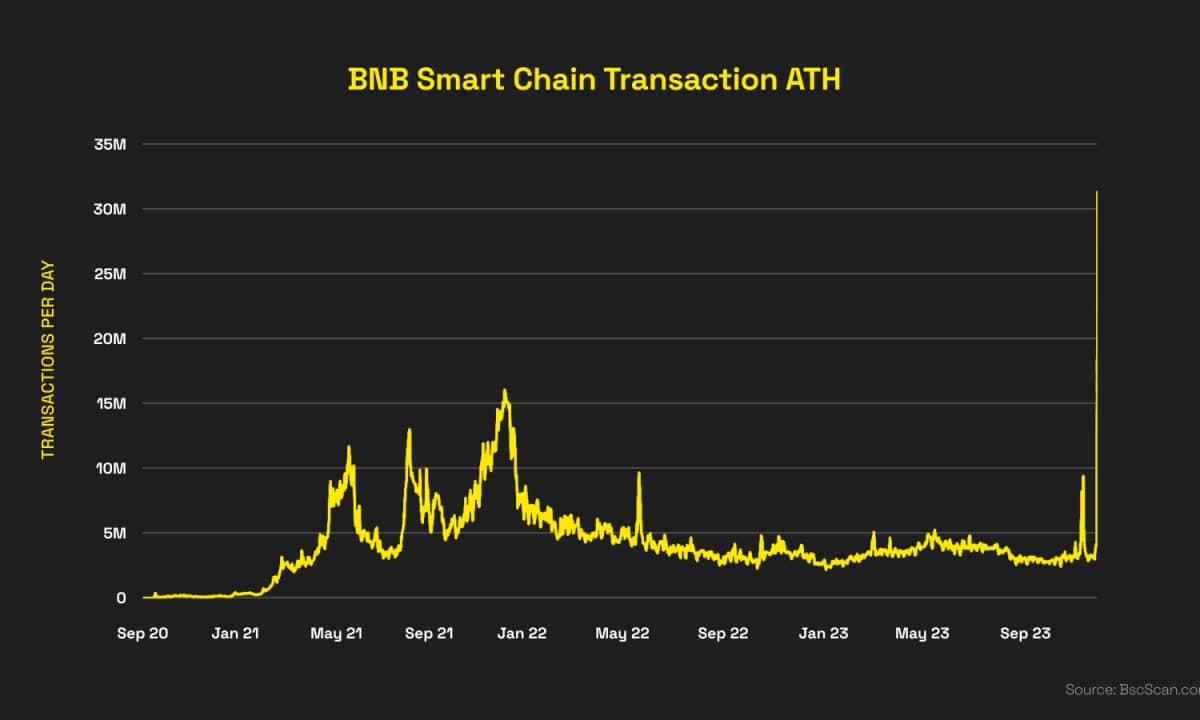Ahead of the Merge, SEBA Bank Launches Ethereum Staking for Institutional Investors
Swiss-regulated SEBA Bank on Wednesday launched Ethereum staking for institutional investors.
The development comes only days before the much-anticipated Merge that will transition the second-highest valued blockchain network to Proof of Stake (PoS) from the Proof of Work (PoW) mechanism of transaction validation.
Institutional Access to ETH Staking
The transition is likely to take place sometime between September 10 and 20, with September 15 being referred to as the most probable date. Once completed, mining will become obsolete, and staking will play its designated role of helping the validation of transactions on the Ethereum network.
As of now, SEBA Bank offers staking support for Cardano, Polkadot, and Tezos.
“The launch of SEBA Bank’s Ethereum staking services caters to growing demand from institutions to manage a range of digital asset yield use cases from staking to decentralized finance (Defi)… Ethereum staking services enable clients to earn rewards in a flexible and accessible manner, with rewards provided on a monthly basis, adjustable lock up periods available post-merge…,” a PR from SEBA Bank said on Wednesday.
SEBA Bank’s Ethereum staking offering is important as it offers institutional access to the staking economy and broadens access to sustainable digital asset investment products. The transition of Ethereum to PoS will reduce its energy consumption by about 99.95%.
Mathias Schütz, Head of Technology & Client Solutions, SEBA Bank, commented, “The launch of our Ethereum staking services will enable institutional investors to play a key role in securing the future of the network, via a trusted, secure, and fully regulated counterparty.”
Staking Stokes Centralization Fears
Ethereum’s impending shift to PoS has raised concerns around the centralization of staked ETH. In PoS, those who hold a larger stake have a greater voting share and can determine the state of the ledger. If these entities with a controlling stake conspire, they can censor transactions.
Coinbase CEO Brian Armstrong last month said if his platform is forced by the US authorities to censor transactions, he would rather close the ETH Staking service than let transactions be censored.
According to Dune Analytics, 66% of ETH staked on the beacon chain is held by entities that are regulated by the US Office of Foreign Assets Control (OFAC).
Coinbase, FTX to Benefit From Staking
According to investment bank JP Morgan analysts, Coinbase, which accounts for 15% of Ethereum’s market share, will benefit greatly from the Merge. FTX, Gemini, and Binance will also profit from Ethereum’s transition to ETH2.
Last month, Coinbase launched the Coinbase Wrapped Staked ETH (cbETH) token, a liquid representation of staked ETH, for its customers who would participate in ETH staking.
The post Ahead of the Merge, SEBA Bank Launches Ethereum Staking for Institutional Investors appeared first on CryptoPotato.









